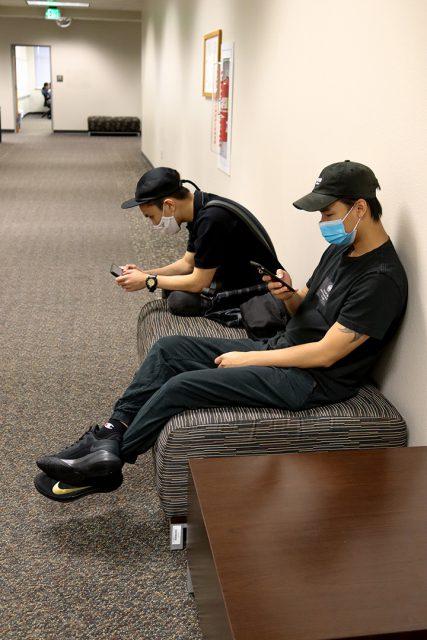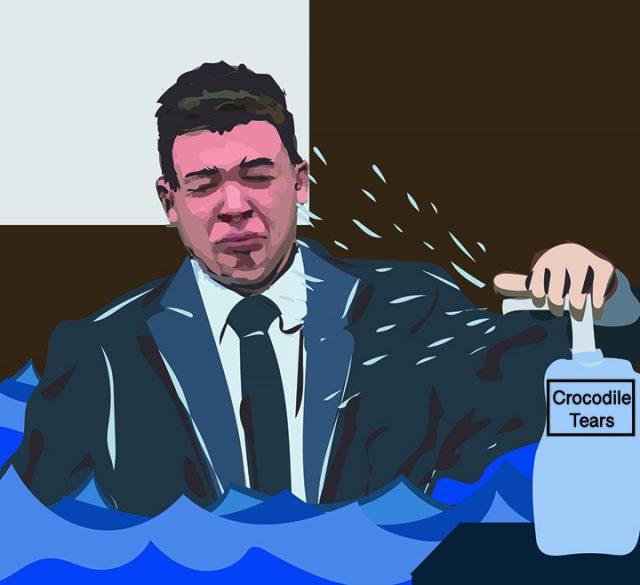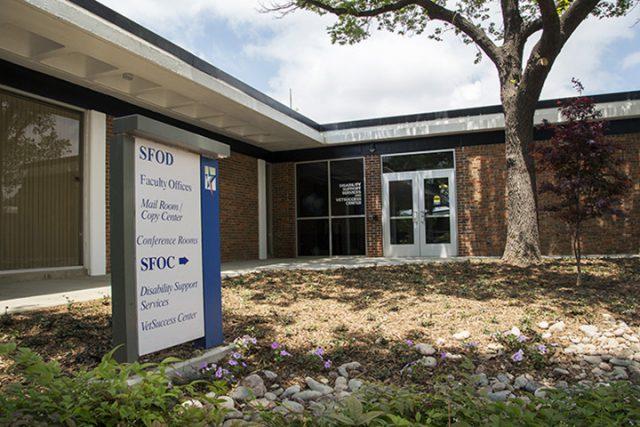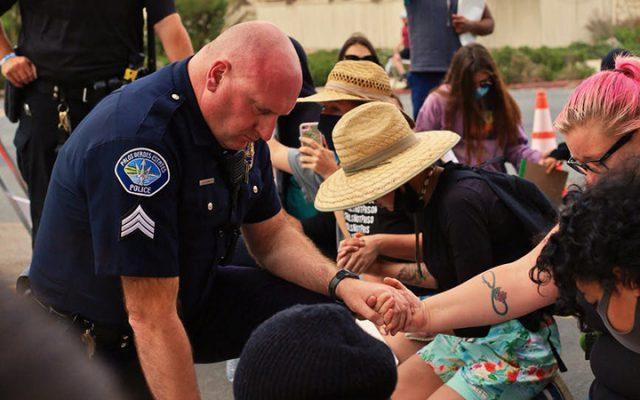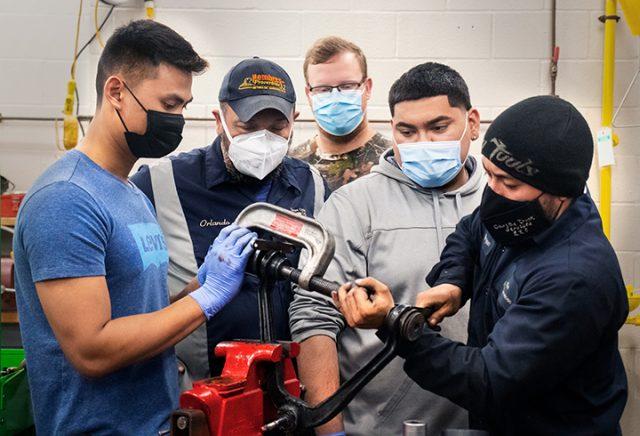Janine Shuman
campus editor
The world swirls into a blur as feelings of disassociation make their paralyzing assault. One becomes overly aware of their racing heart, but their mind works even quicker.
This is what life is like for people suffering from an anxiety disorder which troubles 42% of college students, according to the American Psychological Association.
Life with mental health struggles leads to more harm, including academic burnout, progressing mental disorders and even suicidal ideation.
The World Health Organization estimates that 30% to 80% of people with mental health disorders avoid seeking therapy.
While therapy can significantly benefit people struggling with their mental health, it can cost up to $250 an hour per session, according to GoodTherapy.
Many colleges offer free counseling sessions for students, but there is usually a limited number available before students pay out of pocket.
College is already expensive, and the cost alone can stress students out. At the very least, the added fees of tuition costs should include free therapy and counseling until graduation.
After all, a lot of the stress students face stems from the pressure of their studies.
Students deal with a lot — having to meet deadlines in multiple classes, participating in extracurriculars for their resumes and preparing for graduate school or their careers.
People also seem to forget that many do so while working jobs and raising families.
Stress is inevitable.
Students need a healthy outlet and should not feel scared to go into debt to get support when things get too overwhelming.
By developing free mental health support, student’s academic performances are likely to improve. Health care, physical or mental, should not be a privilege.
Mental illness among college students continues to rise, and free therapy is a good step in the right direction to stop these alarming statistics from increasing.






















